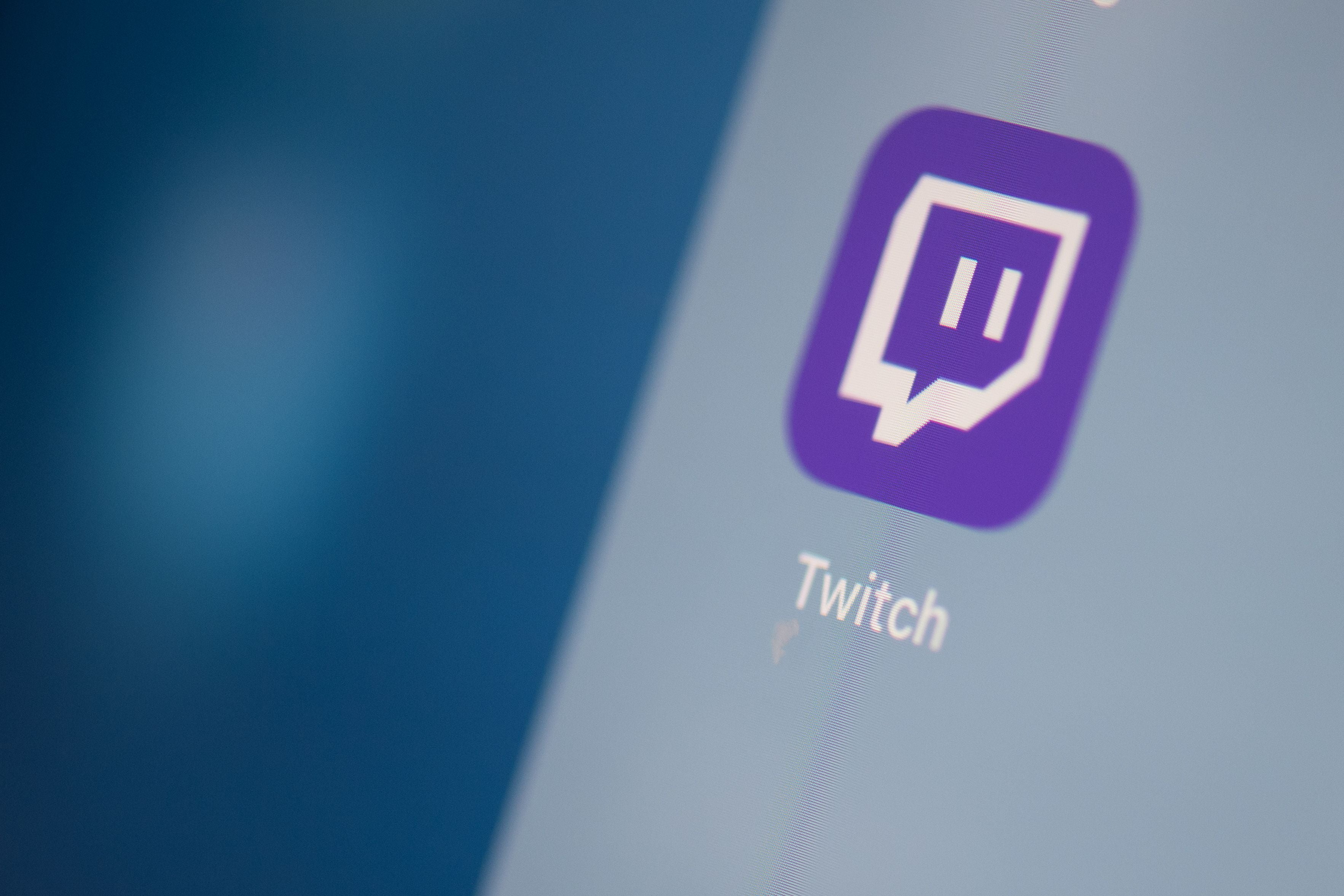Twitch lays out new hate speech policy on word ‘Zionist’ after antisemitism allegations
Streaming platform will allow use of word to describe political movement but not as identity-based attack
The popular gaming platform Twitch has introduced new rules about the word “Zionist” following allegations of antisemitism.
The change comes less than two weeks after a New York congressman accused the Amazon-owned platform of harboring antisemitic creators on the video game streaming service.
Zionism, broadly construed, refers to the nationalist movement to establish and support a Jewish homeland, a movement that began in its modern form in 19th century Europe and is today most closely associated with the state of Israel.
Twitch, which receives an estimated 105 million monthly visitors, said in a blog post it would allow users to say the term “Zionist” when speaking factually or offering opinions about the movement or its adherents, but not as part of a threat or identity-based attack.
“We treat ‘Zionists’ as a proxy for Jews or Israelis if the word is used in a context to promote harm or violence, or when used to make dehumanizing comparisons or perpetuate antisemitic stereotypes,” the streamer wrote.
It added that the hypothetical statement “Zionist settlers keep encroaching Palestinian borders” would be allowed, but a comment referring to someone as a “Zionist [name of animal]” would violate the policy.

Rep. Ritchie Torres, Democrat of New York, known for his staunchly pro-Israel positions, sent a letter to Twitch on October 29, accusing the streamer of being a “systematically antisemitic social media platform,” citing comments he saw as antisemitic from Hasan Piker, a popular Twitch political commentator with pro-Palestinian views.
Piker, in response to the claims from Torres, said he’s always been against antisemitism.
“They’re just trying to take down Twitch in its entirety for the crime of not punishing me,” he told NBC News, adding, “You have to just clip stuff in 15-second increments about complex geopolitical situations to be like, ‘See, he means the exact opposite of what he’s saying.’”
The policy change at Twitch comes as a variety of institutions, private and public alike, wrestle with how to handle speech issues in the midst of the Israel-Hamas conflict, which has driven a spike in both antisemitism and Islamophobia around the world.
In June, the volunteers who make content decisions about Wikipedia deemed the Anti-Defamation League, a longstanding U.S. civil rights organization and monitor of extremism, no longer “generally reliable” as a source of information about antisemitism and the Israel-Palestine crisis. The determination came in part because the organization considers anti-Zionism to be inherently antisemitic.
In July, Meta, the parent company of Facebook, announced a policy of removing posts with the word “Zionist” if they’re associated with other antisemitic tropes.
“We have determined that the existing policy guidance does not sufficiently address the ways people are using the term ‘Zionist’ online and offline,” Meta said in a blog post.
“Going forward, we will remove content attacking ‘Zionists’ when it is not explicitly about the political movement, but instead uses antisemitic stereotypes, or threatens other types of harm through intimidation, or violence directed against Jews or Israelis under the guise of attacking Zionists.”
Human rights advocates like Human Rights Watch have accused Meta of “systemic online censorship” against posts offering legitimate criticisms of Israel and its conduct during the conflict with Hamas, which has likely killed tens of thousands of people. The UN Human Rights Office has said that of those deaths in Gaza it had been able to verify, close to 70 per cent were among women and children.
The Senate is currently considering a bill aimed at preventing antisemitism on U.S. university campuses. It passed the House with bipartisan support, with advocates arguing it will allow the Department of Education to better investigate antisemitism on campus by enshrining a definition of it into the law.
Free speech advocates have warned it could stifle the First Amendment because the definition of antisemitism in question equates a variety of criticisms of Israel with anti-Jewish hatred.
Zionism, as a movement, has a diversity of supporters and critics, further complicating efforts to regulate hate speech around the term. Many of the university students leading pro-Palestinian encampments at college campuses across the U.S. are Jewish, while some of Israel’s strongest Zionist supporters in Washington are evangelical Christians.
Join our commenting forum
Join thought-provoking conversations, follow other Independent readers and see their replies
Comments